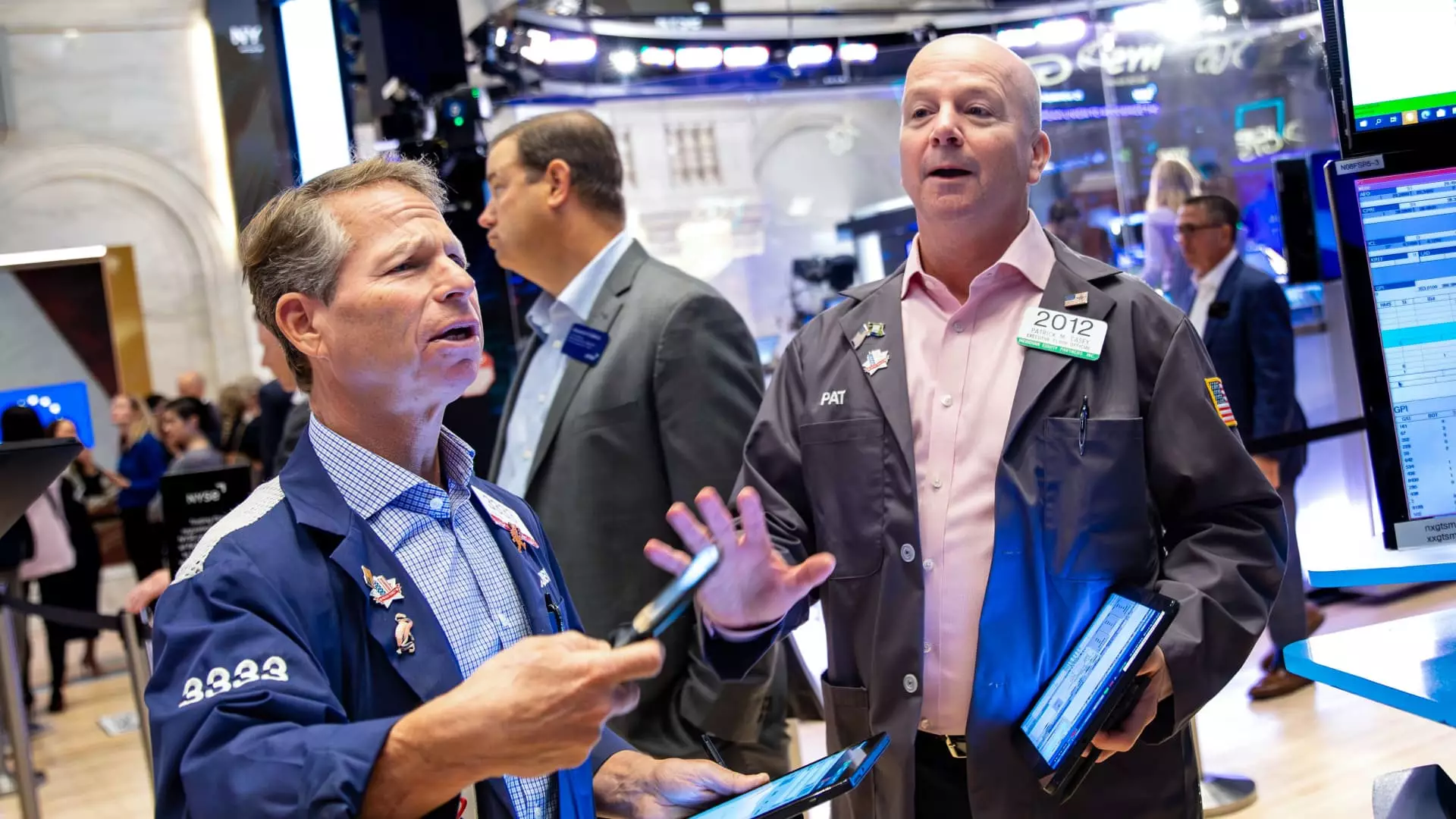In today’s volatile global landscape, investors must navigate a myriad of challenges presented by escalating geopolitical tensions. Recent highlights from CNBC’s “Worldwide Exchange” reflect on these emerging dynamics, focusing primarily on the implications of the conflicts involving Israel and Iran, the war in Ukraine, and the ongoing disputes in the South China Sea. The amalgamation of these issues has left financial analysts forecasting unprecedented levels of risk for investors, urging a re-evaluation of traditional investment strategies.
As geopolitical tensions mount, experts are warning that the risk environment investors face is one of the most precarious seen in decades. Terry Haines, a policy advisor at Pangaea Policy, emphasizes that the ramifications of the Israel-Iran conflict, alongside the prolonged war in Ukraine, are not being adequately factored into market conditions. Haines suggests that the likelihood of adverse outcomes has surged in recent weeks, creating a scenario where the market is ripe for significant volatility. Additionally, he notes that investors might be ignoring potential U.S. government responses and defense spending adjustments that could alter the landscape for military contractors significantly.
The essential takeaway is that the intertwining of these geopolitical events could result in erratic market reactions. It remains critical for investors to develop an acute awareness of these developments, as they could dictate asset performance across various sectors.
In light of these uncertainties, investment strategies are experiencing a shift, particularly towards fixed income instruments. Simeon Hyman from Proshares Advisors advocates for bonds as a safety net, proposing that the fixed income market has sufficient yield potential to safeguard investors against escalating geopolitical tensions. With Friday’s impending jobs report and the current U.S. port strikes adding to the complexity, a defensive approach to investing seems prudent. Hyman suggests that a strong allocation towards bonds can provide the stability required in such unpredictable times.
This strategic pivot towards bonds doesn’t merely reflect a fear of market downturns but represents a broader trend where investors seek guaranteed income in an environment riddled with risk. By focusing on fixed income, individuals can create a buffer that mitigates the impact of external shocks.
The ongoing geopolitical crises are also influencing specific market sectors, namely defense and biotechnology. Companies like Lockheed Martin, Raytheon, and L3Harris have seen upward movement linked to the tensions in the Middle East, signifying strong market confidence in defense stocks amid increased military focus. As we approach an election year, adjustments in defense budgets and replenishment strategies may also lend additional support to these stocks, indicating a potential growth trajectory as geopolitical demand continues to rise.
On the other hand, Scott Ladner from Horizon Investments highlights the biotechnology sector as a promising area poised for growth, particularly through ETFs like iShares Biotechnology and SPDR S&P Biotech. He connects this sector not just to healthcare advancements but also to the transformative impact of artificial intelligence (AI). Nevertheless, Ladner urges caution, noting that any aggressive shifts in monetary policy by the Federal Reserve could dampen this potential. The health sector, especially when intertwined with technology, is seen both as a defensive fortress and a speculative asset, depending on monetary conditions and economic indicators.
Interestingly, shipping stocks have emerged as a strong performer during recent disruptions along U.S. East and Gulf Coast ports, influenced by ongoing labor strikes. Investors are turning to these stocks, betting that companies will capitalize on the upheaval in supply chains. The expectation is that disruptions may enable shipping firms to charge premium rates as retailers adapt to altered delivery logistics.
As geopolitical tensions heighten and markets react, understanding these dynamics is paramount for investors. While an inclination towards fixed income might provide a necessary cushion, exploring sector-specific opportunities such as defense and biotechnology may yield significant returns. It’s crucial for investors to remain informed and agile, continually recalibrating their strategies to reflect the rapidly shifting global landscape. Adapting successfully in such a complex environment will demand a fine balance of caution and innovative thinking in the face of challenges.


Leave a Reply